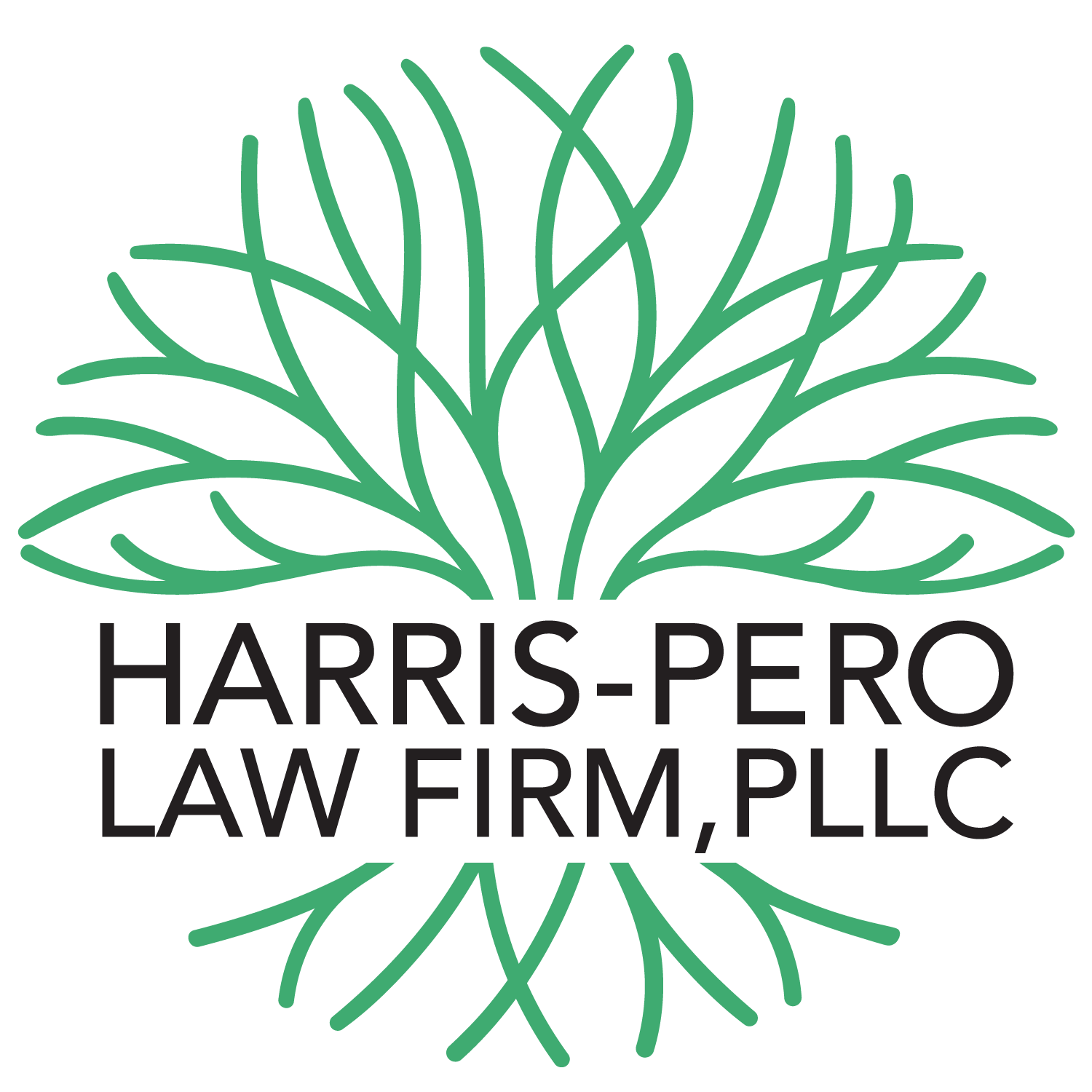Nothing Left after the Nursing Home
How do I make sure I leave my kids something?
Nursing Home care can cost $140,000 a year and drain a person’s assets if not properly planned for. It can be upsetting to lose your childhood home because your parent cannot afford nursing home care without selling the house.
The good news is that there are ways to avoid having nothing left in your estate once you pass away. Here are a few ways:
Medicaid Asset Protection Trust (MAPT)
If created and funded early enough (at least 5 years before needing to apply for Medicaid for a nursing home), an Irrevocable Trust is a great way to preserve your assets. Transferring your home and other assets to your Irrevocable Trust allows you to safely transfer the remaining equity in your home to this entire new entity, your Irrevocable Trust while retaining the rights to live and use your home as you already do.
With this type of trust, you, as the Grantor, are not entitled to any of the principal of the Trust, which enables the principal or equity to be protected from Medicaid. Most often, you are entitled to the income from the Trust during your life and you can maintain the right to change your beneficiaries (who you are leaving your house to).
This Trust should be carefully drafted by an attorney to include the right language to not only protect your assets from long-term care costs but also to minimize capital gains taxes and reduce the chances of friction in your family.
Don’t Treat Your Retirement Account like a Piggy Bank
Money in your retirement account is exempt from Medicaid if you have elected to receive periodic payments from your retirement account.
If you are over the age of 73 (IRS Reminder), your required minimum distribution (RMD) is considered a periodic payment. If you are under the age of 73, you can start electing to get periodic payments early (if you know you will be applying for Medicaid soon) to exempt the account.
If you pull money out at random times to cover expenses then you are treating your retirement account like a piggy bank, you can expect Medicaid offices to treat it like your piggy bank also and expect you to spend down the principal in your retirement account until you are under the asset (resource) limit for Medicaid.
Gift & Note Planning (Crisis Planning)
This option is used when a client comes in without having planned ahead to protect their assets and needs Medicaid now. In simple terms, gift & note planning allows the client to gift roughly half of their assets to family and then loan the other portion to the family. The gift will trigger a penalty period. The penalty period is a length of time during which the client may be otherwise eligible for Medicaid but they cannot receive Medicaid yet due to the gift and will have to cover the cost of care in other ways. This is where the loan comes in, loan repayments (along with other client funds) can be used to pay nursing home costs until the penalty period is up. So in the end, you may be able to preserve half of your assets for your family. In actual planning the amount of savings to a family varies depending on the assets and other factors.
Elder Law involves a lot of complicated rules and intersection of laws. The rules change over time. It is critical to work with an elder law attorney when planning for long-term care costs. If you need help planning for yourself or for your loved one to help give you peace of mind, call the team at Harris-Pero Law Firm, PLLC to schedule an appointment.

